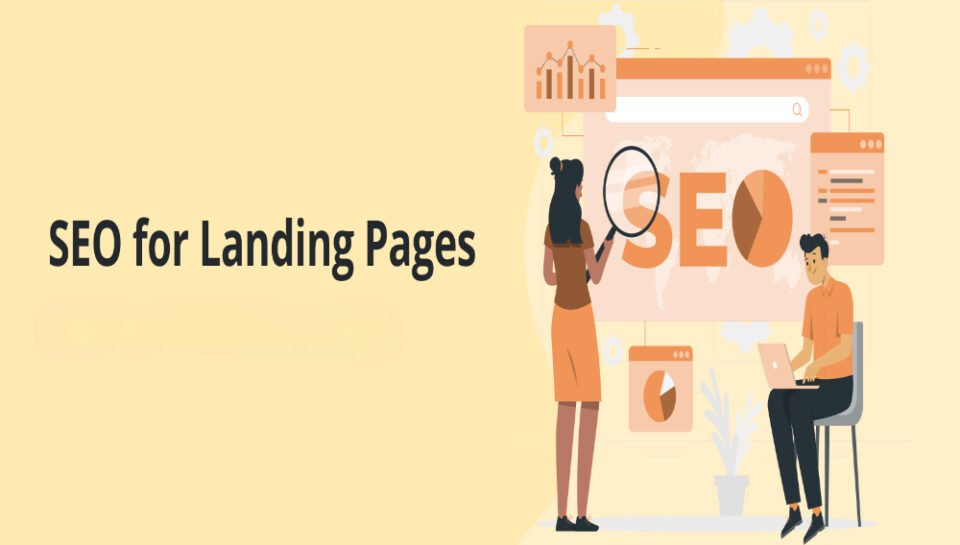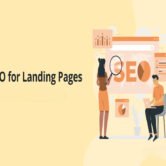
How do you optimize landing pages for SEO in IT?
1. Use Targeted and Relevant Keywords
- Perform keyword research using tools like SEMrush, Ahrefs, or Google Keyword Planner
- Focus on specific IT terms like “cloud migration services,” “custom ERP development,” or “DevOps consulting”
- Include the primary keyword in the page title, meta description, H1 tag, and first paragraph
- Use secondary keywords and LSI (Latent Semantic Indexing) terms naturally throughout the content
- Avoid keyword stuffing by maintaining a clean and readable tone
2. Create High-Quality, Purpose-Driven Content
- Address the specific pain points and use cases relevant to the service or product
- Include clear, concise benefits, feature highlights, and technical specifications
- Use bullet points, visuals, and headings for easier scanning
- Include trust signals such as client logos, certifications, and testimonials
- Align content with each stage of the buyer journey (awareness, consideration, decision)
3. Optimize Page Structure and On-Page Elements
- Write a compelling title tag (60–70 characters) that includes the target keyword
- Craft a meta description (150–160 characters) that summarizes value and includes a CTA
- Use header tags (H1, H2, H3) to logically organize the page
- Optimize image alt text with descriptive, keyword-rich labels
- Ensure clean URL structure (e.g., /it-support-solutions instead of /page?id=123)
4. Improve Page Speed and Mobile Responsiveness
- Compress images and use next-gen formats like WebP
- Minimize CSS, JavaScript, and use browser caching for faster load times
- Use responsive design to ensure usability across devices and screen sizes
- Optimize Core Web Vitals (Largest Contentful Paint, First Input Delay, Cumulative Layout Shift)
- Test with tools like Google PageSpeed Insights and Lighthouse
5. Strengthen Conversion and User Experience (UX)
- Place clear CTAs (e.g., “Book a Demo,” “Download Whitepaper”) above the fold
- Use forms that are short, mobile-friendly, and GDPR-compliant
- Include live chat widgets or contact buttons to support engagement
- Track user behavior with heatmaps and session recordings to optimize layout
- Integrate SEO with analytics and retargeting tools for post-click performance





